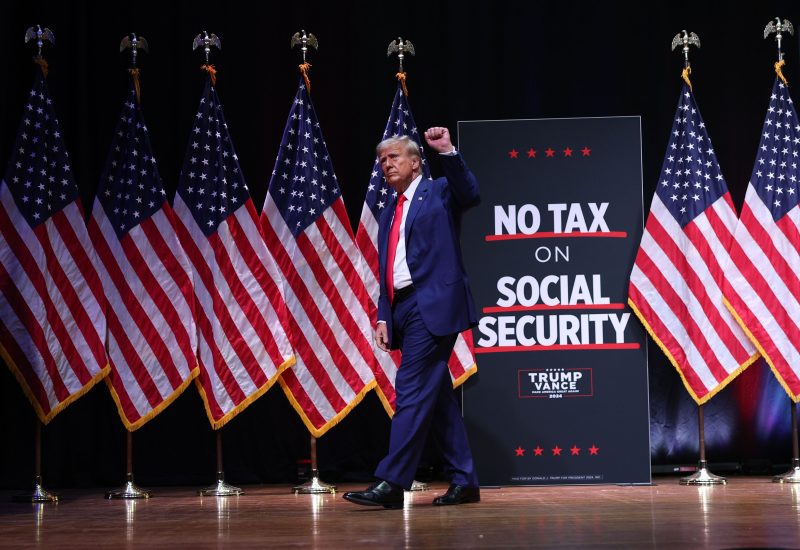In a recent development that has raised concerns among economic experts and market analysts, President Trump hinted at the possibility of expanding tariff plans during a speech in North Carolina. The implications of this statement have sparked widespread debate and speculation within the business community and beyond.
The remarks made by President Trump during his speech in North Carolina suggest a potential shift in the administration’s trade policy, with a focus on further increasing tariffs as a means to address perceived trade imbalances. This stance, if implemented, could have far-reaching consequences both domestically and internationally.
The prospect of expanding tariff plans has elicited mixed reactions from different stakeholders. While some view it as a necessary measure to protect domestic industries and address trade deficits, others fear the potential negative impact on global trade and the overall economy. The uncertainty surrounding the future of trade relations, particularly in light of escalating trade tensions with major trading partners, has added to the apprehension.
Economic experts and analysts have expressed concerns about the potential effects of an expansion of tariff plans. They warn that increased tariffs could lead to higher prices for consumers, disrupt supply chains, and provoke retaliatory measures from other countries. Such a scenario could ultimately result in a slowdown in economic growth and pose challenges for businesses, particularly those dependent on international trade.
The timing of this announcement is also significant, given the backdrop of a global economic slowdown and ongoing trade disputes. The heightened volatility in financial markets and the uncertainties surrounding trade negotiations have further heightened the stakes involved in any decision to expand tariff plans.
The implications of an expanded tariff regime extend beyond economic considerations. Geopolitical repercussions, strained diplomatic relations, and broader ramifications for global stability could all potentially result from a more aggressive trade policy stance. As such, a nuanced and strategic approach to trade policy is crucial to navigating the complex landscape of international trade relations.
In conclusion, the signals of openness to expanding tariff plans by President Trump during his speech in North Carolina have generated significant debate and speculation. The potential consequences of such a move are far-reaching and could impact various sectors of the economy, both domestically and internationally. As the situation continues to evolve, stakeholders will need to closely monitor developments and adapt their strategies accordingly to mitigate risks and capitalize on opportunities in an increasingly uncertain trade environment.

